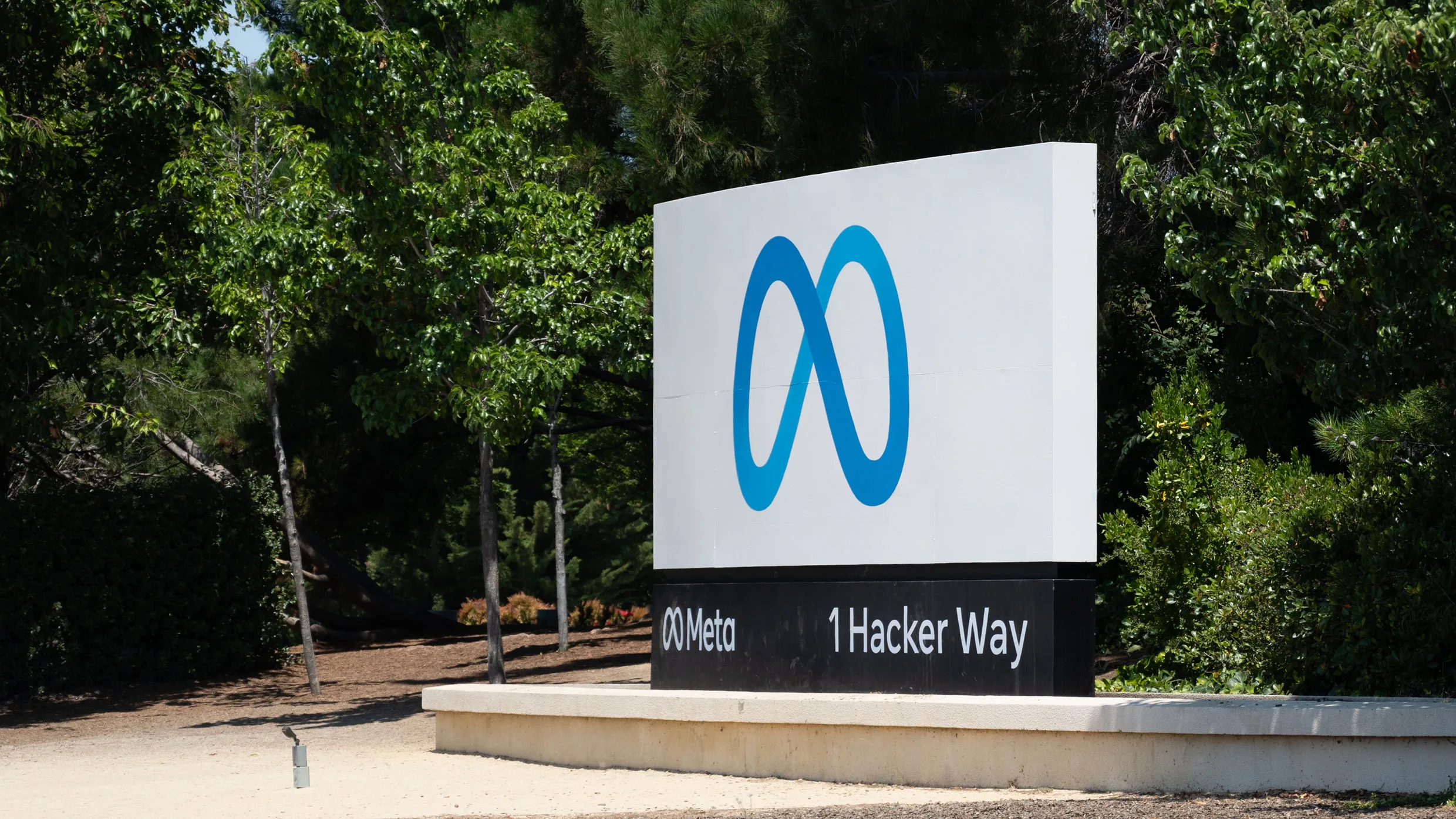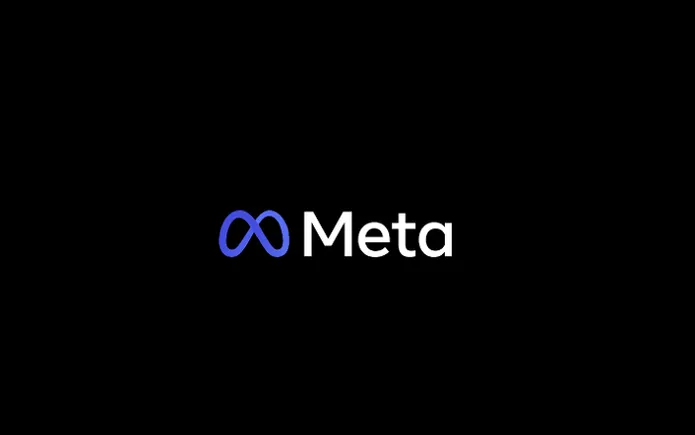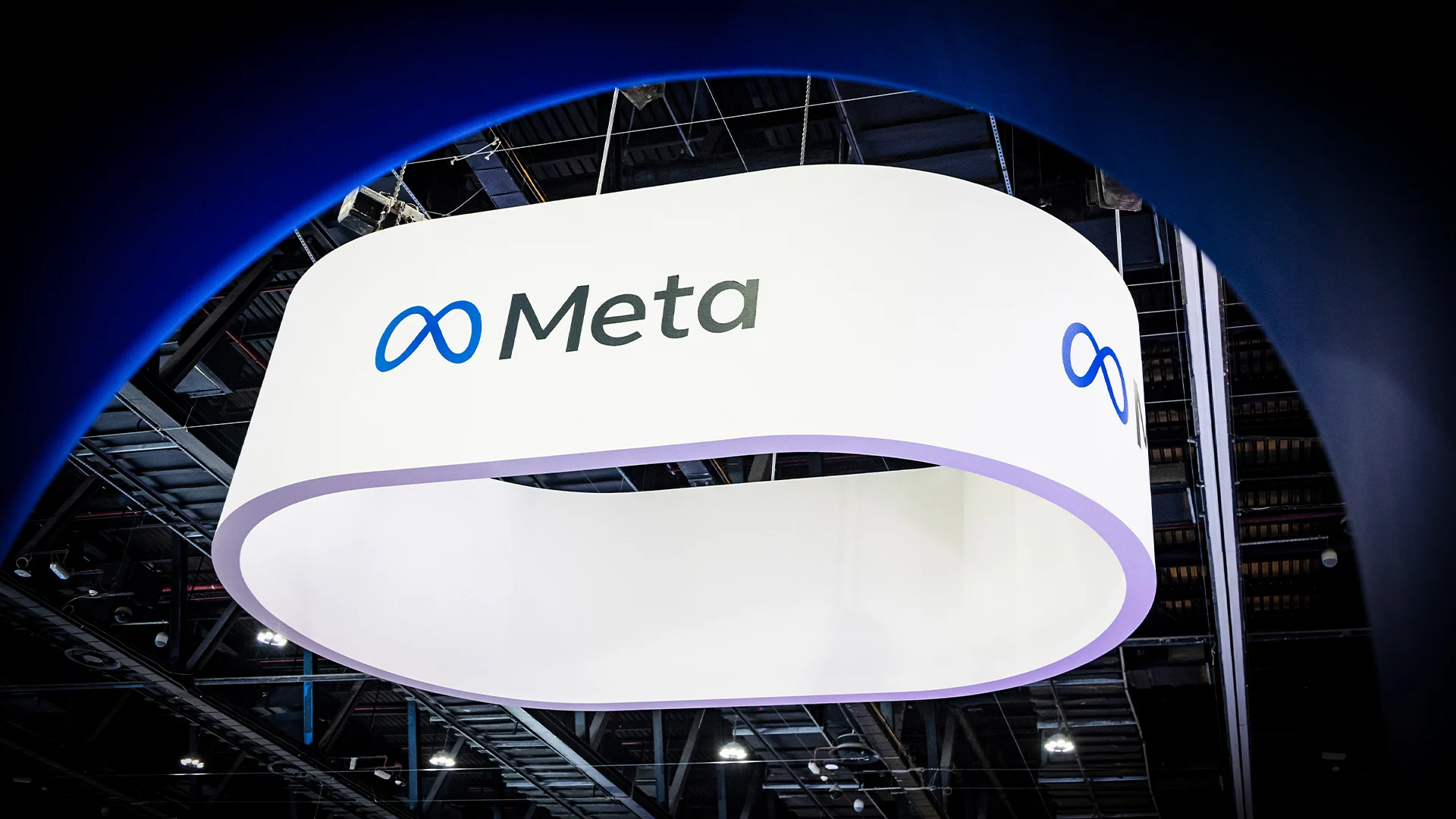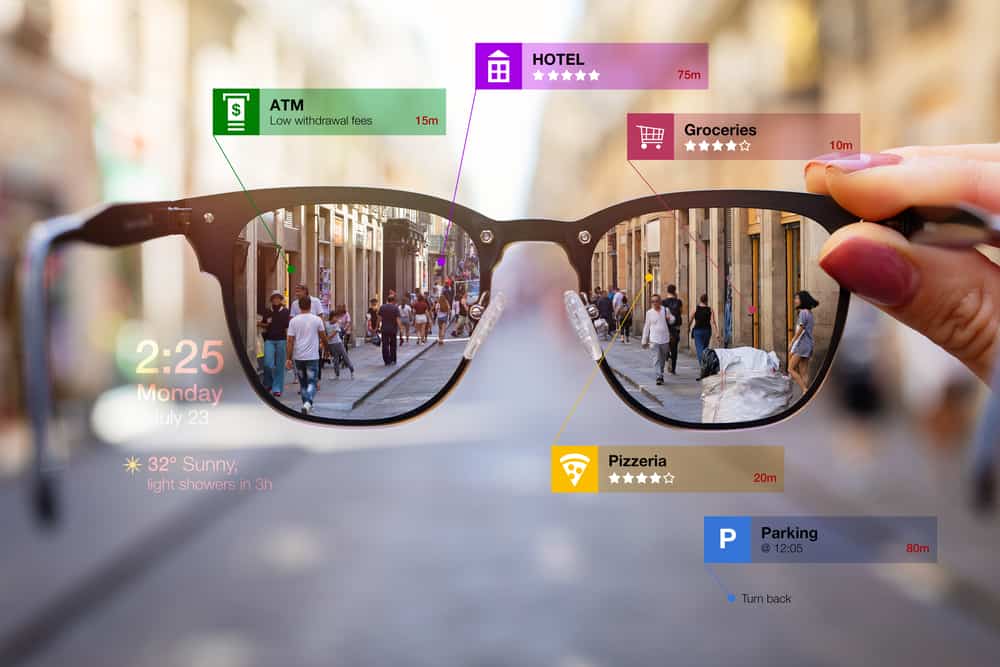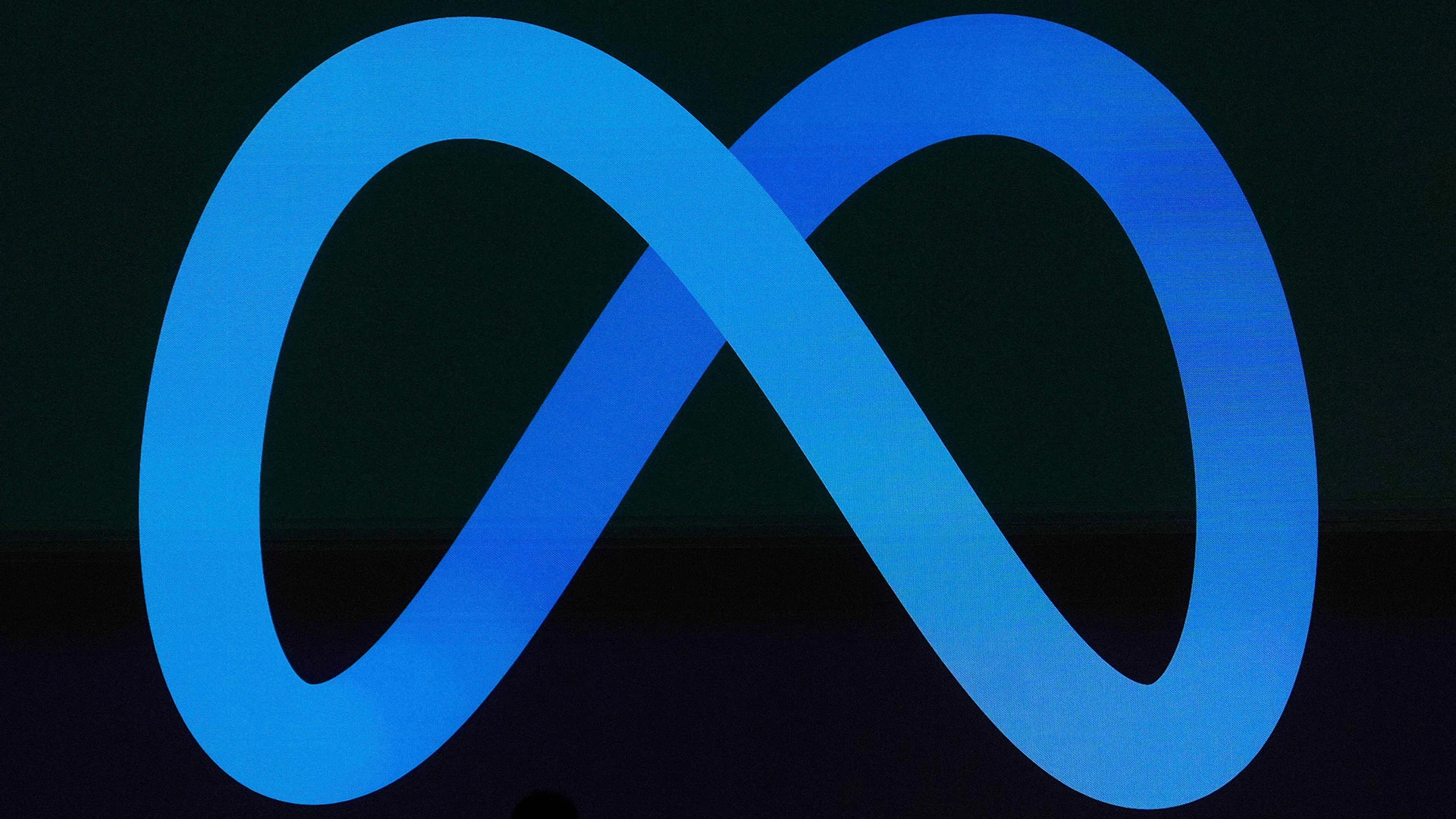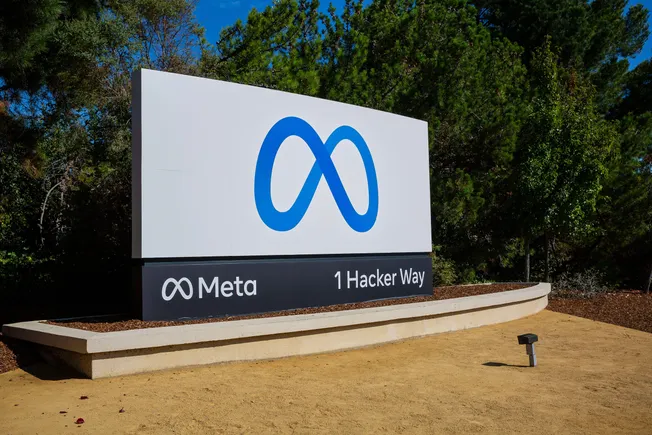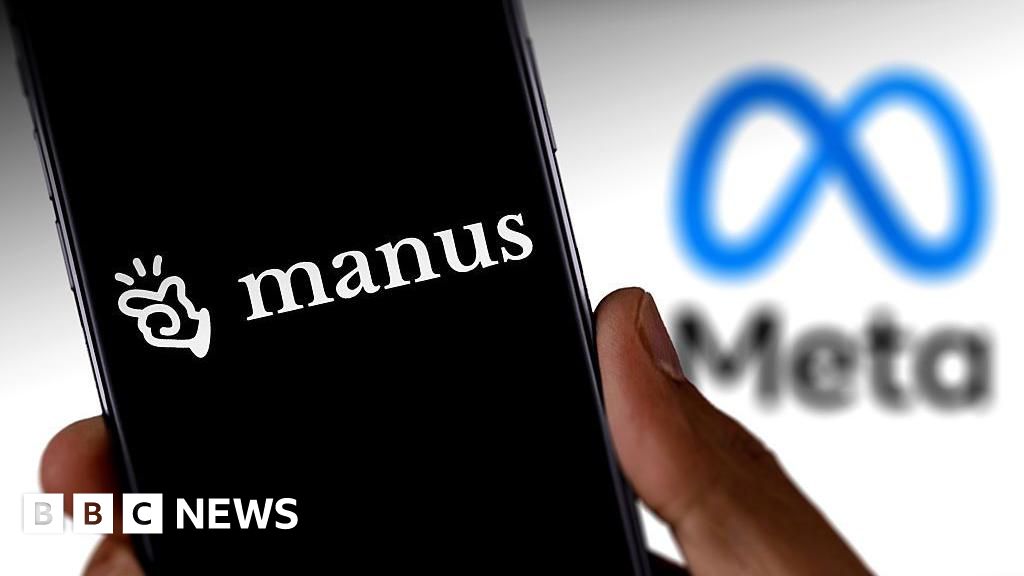#meta
#meta
[ follow ]
#reality-labs #layoffs #virtual-reality #antitrust #metaverse #wearables #smart-glasses #threads #ray-ban-display #ai
fromgizmodo.com
3 hours agoLooking for More Paid Social Media Features? Meta Is Reportedly Testing Tons
TechCrunch says multiple approaches to packaging premium features are in the works, and that feature bundles will be made available across the three apps, with each bundle distinct from the others. Following the rollout of X's paid verification program, Meta introduced Meta Verified, which allowed users to pay $11.99-per-month for a verification badge and some added securityso it was for influencers and celebrities, basically.
Tech industry
fromwww.bbc.com
9 hours agoMeta to trial premium subscriptions for Instagram, Facebook and WhatsApp
Technology giant Meta is to trial premium subscriptions for Instagram, Facebook and WhatsApp users in the coming months. The new offerings would give access to features including expanded artificial intelligence (AI) capabilities. Under the plan, access to the platforms' core services would remain free to use. The firm also plans to test subscriptions for features, such as its Vibes video generation app, which the firm says "can bring your ideas to life with new AI visual creation tools".
Artificial intelligence
fromEngadget
3 days agoA rival smart glasses company is suing Meta over its Ray-Ban products
Meta is being sued by Solos, a rival smart glasses maker, for infringing on its patents, Bloomberg reports. Solos is seeking "multiple billions of dollars" in damages and an injunction that could prevent Meta from selling its Ray-Ban Meta smart glasses as part of the lawsuit. Solos claims that Meta's Ray-Ban Meta Wayfarer Gen 1 smart glasses violate multiple patents covering "core technologies in the field of smart eyewear."
Wearables
fromThe Drum
4 days agoMeta touts the metaverse's role in sports in Rugby World Cup ad
As the official social media services supplier for the 2023 Rugby World Cup, Meta has got the ball rolling by drumming up early enthusiasm ahead of the tournament, opening the eyes of fans to the role technology can play in heightening their appreciation of the game. A campaign developed by BETC Paris, Havas Play and Unit9 uses the event to showcase what the metaverse can do, with Meta harnessing its full suite of apps from Facebook to Instagram and WhatsApp to thrust spectators on to the field in virtual and augmented reality.
Marketing tech
fromwww.cnbc.com
1 week agoMost of Instagram's ads ran on Reels in 2025, data shows
More than half of all ads on Meta's Instagram ran in the service's short-form video Reels product in 2025, up from 35% in 2024, according to data from market intelligence firm Sensor Tower. In the U.S., Reels accounted for 46% of time spent on the Instagram app in 2025, up from 37% in 2024, according to the data that Sensor Towered showed CNBC.
Marketing tech
fromTheregister
1 week agoUK gambling czar says Meta turns blind eye to illegal ads
"If you are using the same suppliers, such as web hosting companies, as the majority of illegal websites, then you are helping to build the illegal market," he said. "And, if you are marketing your products through platforms, including social media, that also promote illegal online casinos, then you are helping to build the illegal market."
UK news
fromSocial Media Today
1 week agoMeta Says That the Science Does Not Support Teen Social Media Bans
Indeed, Meta says that various legal cases in this area have " selectively cited Meta's internal documents to construct a misleading narrative," which suggests that Facebook, Instagram and WhatsApp have harmed teens, and that Meta has prioritized growth over their well-being.
Digital life
fromGadgets 360
1 week agoOakley Meta HSTN Smart Glasses Review
Oakley Meta HSTN smart glasses finally reached Indian shores late last year. Unlike the Ray-Ban Meta smart glasses, the Oakley Meta HSTN (referred to as how-stuhn) caters to a niche category of performance-focused users, such as athletes, sports enthusiasts, and techies who love to mix style and substance with the power of AI. Priced at Rs. 41,800, the Oakley Meta HSTN smart glasses aren't for everyone, but they bring the magic, turning your boring eyewear into AI-enabled gear.
Gadgets
fromCageside Press
1 week agoUFC: Welcome to the Meta Apex
The UFC's own private venue in Las Vegas was originally designed to house The Ultimate Fighter, Dana White's Contender Series, and perhaps host some regional MMA shows. However, during the coronavirus pandemic, it became a godsend, allowing the promotion to continue hosting events in the face of a global shutdown, capturing the sports market at a time when all other leagues were on a pause.
MMA
fromRAPPLER
3 weeks agoMeta created 'playbook' to fend off pressure to crack down on scammers, documents show
SAN FRANCISCO, USA - Japanese regulators last year were upset by a flood of ads for obvious scams on Facebook and Instagram. The scams ranged from fraudulent investment schemes to fake celebrity product endorsements created by artificial intelligence. Meta, owner of the two social media platforms, feared Japan would soon force it to verify the identity of all its advertisers, internal documents reviewed by Reuters show. The step would likely reduce fraud but also cost the company revenue.
Marketing tech
fromFast Company
3 weeks agoMeta just bought one of the fastest-growing AI startups you've probably never heard of
The deal is sure to turn heads too. Manus and its parent company Butterfly Effect are now based in Singapore but were founded in China - a country with a fraught relationship to the U.S tech industry - and maintain operations there. Facebook's parent company will reportedly pay more than $2 billion to acquire the startup, which it hopes will bolster its own lagging AI capabilities.
Artificial intelligence
fromwww.npr.org
1 month agoTop Instagram reels from Goats and Soda in 2025: Plumpy'Nut, aid cuts, soccer grannies
Instagram reels are reely ... er ... really popular. (Editor's note: It turns out that "reely" is really an alternate spelling for "really" from long ago way before reels were invented.) Is there data to back this up?
Social media marketing
[ Load more ]














